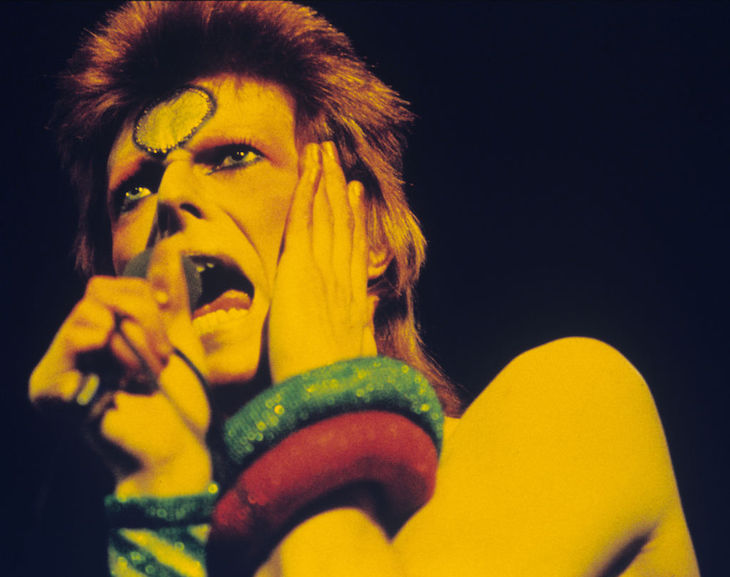So were Donald Trump’s tariffs a negotiating tactic all along – never intended to come into force but rather as a shock tactic to bring other governments to the negotiating table?
That was a popular theory before ‘Liberation Day’, but one rather snuffed out by the severity of the tariffs announced and the realisation that Trump might actually be deadly serious about wanting to price foreign goods out of US markets.
Lord Hague, for example, wrote earlier this week that people had fooled themselves into thinking that Trump didn’t always mean what he said; we were naïve to think that he should not be taken literally.
But with today’s announcement that tariffs will be put on hold for 90 days – with the exception of those on Chinese goods, which have been increased again – it looks once more possible that Trump may never have intended punitive tariffs to be a permanent fixture of US trade policy. World leaders now have three months to decide how much they value trade with the US. Benjamin Netanyahu, for one, has signalled his intention to yield to Trump’s demands and attempt to bring US–Israeli trade into balance. Keir Starmer, too, has indicated that he wants to try hard to stitch up a deal with the US. China has chosen a very different route, while the EU is in a halfway house between retaliation and negotiation.
There is an alternative explanation for Trump’s sudden decision to delay the implementation of tariffs: that it is a desperate move to try to stave off market collapse, and that he and his administration have been shocked by the reaction. This theory is given credence by the astonishing bust-up between Elon Musk and Trump’s trade adviser Peter Navarro, whom Musk called ‘dumber than a sack of bricks’ – before apologising to the bricks. This is a scenario far more frightening for markets because it suggests a government that is completely out of control. There have been many attempts in the past few days to liken Trump to Liz Truss, but there is a big difference: a US President is in a far more secure position than a British Prime Minister. We are not going to have a Jeremy Hunt come and reassure markets with an emergency Budget.
Whatever Trump’s true intentions, the non-American world has missed a trick this week. Rather than simply railing at Trump – and by doing so drawing attention to their own trade barriers – why didn’t other countries call his bluff and start rapid negotiations to free up trade? That really would have caught him out. The prospect of a protectionist US sitting in the middle of a world that was liberating trade would have made him look very isolated. But of course it was never going to happen. Why? Because many other countries like to preach free trade while carrying out protectionist policies – often on the sly via non-tariff barriers.
The upshot of this tumultuous week is that Trump has been left looking as if he has a point: that the rest of the world really doesn’t care so much about free trade as it preaches, and has been taking advantage of low US tariffs. I wouldn’t want to bet against the US. Forget the idea sown by some over the past week that the US has become almost an irrelevance; I would say the events of the past seven days have shown that the US continues to call the economic shots. Trump has just proven its status as an economic superpower which is unlikely to be pushed aside by China in the near future.
The next 90 days will see one world leader after another grovelling at Trump’s door.
Is there method behind Trump’s madness? Freddy Gray and Matthew Lynn discuss on The Spectator’s latest Edition podcast:








Comments